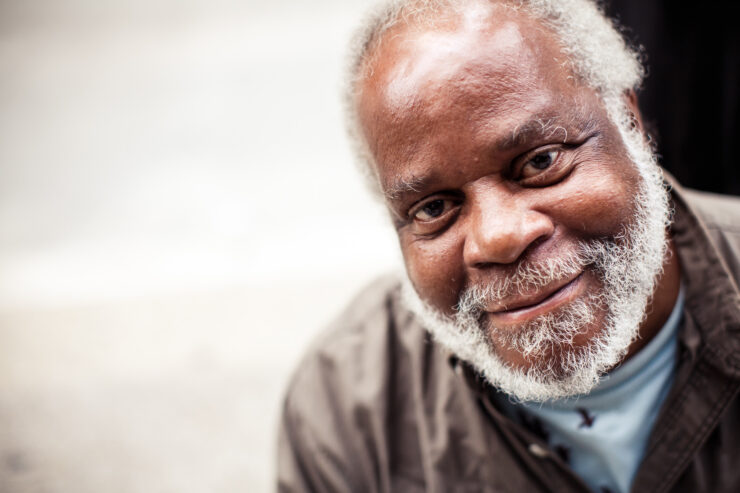This article is part of a series in which OECD experts and thought leaders — from around the world and all parts of society — address the COVID-19 crisis, discussing and developing solutions now and for the future. Aiming to foster the fruitful exchange of expertise and perspectives across fields to help us rise to this critical challenge, opinions expressed do not necessarily represent the views of the OECD.
How can workers over 50 adapt to the 21st century workplace and transition to retirement?
For many years, I have been doing research into what it takes to prepare for a successful retirement. Through this work, I have learned that the concept of retirement means different things to different people. The traditional view where you stop working from one day to the next is becoming as outdated as the concept of a job for life, upon which the idea was built. We are living longer, healthier lives, and our relationship with work has changed and become more flexible. No wonder that 57% of employees expect a phased transition to retirement, where they envision continuing to work in some capacity.
Certainly, I fall into the category of people who envision work being part of their lives as they get older. For many, work is part of one’s identity, and making a contribution gives one a sense of purpose. I don’t want to be someone who starts talking about themselves in the past tense when they meet people by introducing myself as someone who “used to be a researcher”. Like many people in their 50s, I want to make the most of the time left to me. There are too many interesting things happening around me for me to think about “retiring” from any of the fun that is out there or about to happen.
Despite all that positive energy, sometimes things happen to throw your plans off course. I recently learned that my job would be eliminated, so had to rethink my plan of working into ripe old age. The first thing was to dust off my CV and think about what I would like to do next. In taking that step, I have been lucky to work with a wonderful coach who has helped me pull my CV into the 21st century. The big eye opener for me was the difficulty I experienced with the skills section.
I know that keeping our skills up to date and investing in lifelong learning are essential for us to stay employable and make it as easy as possible to move from one job to another. What I learned is that skills are about the whole person; they are as much about who you are as what you do. Your skills are what make you unique and attractive to a future employer; they grow with your life experience and relationships with others as much as they do with what you learn on the job. In describing my skills, I learned not to underestimate that a mid-career employee has the experience to know that flexibility is not a weakness, but in fact can be a way to build more inclusive teams. Or that self-management is what got me through the transition from working in the office to working from home—and hopefully to a hybrid version in the future.
 In their publication Skills for 2030, the OECD writes that “social and emotional skills, such as empathy and respect for others, are becoming essential as classrooms and workplaces become more diverse”. Even in a world that is becoming increasingly digital, they find that workers whose jobs require more interpersonal skills are less likely to be replaced by technology.
In their publication Skills for 2030, the OECD writes that “social and emotional skills, such as empathy and respect for others, are becoming essential as classrooms and workplaces become more diverse”. Even in a world that is becoming increasingly digital, they find that workers whose jobs require more interpersonal skills are less likely to be replaced by technology.
If you’re a 50-plus person like me, who is thinking about changing job or getting ready for your year-end evaluation, spend some time thinking about the skills you have and those you would like to develop. The skills that will help us be successful in a new, more hybrid world of work are likely to be different than the skills that made us successful in the past. In a world that is becoming more technology based, there is thankfully more talk of human and interactive skills—and being human is something we all have in common.
Source: OECD Forum
 Global Coalition On
Global Coalition On 